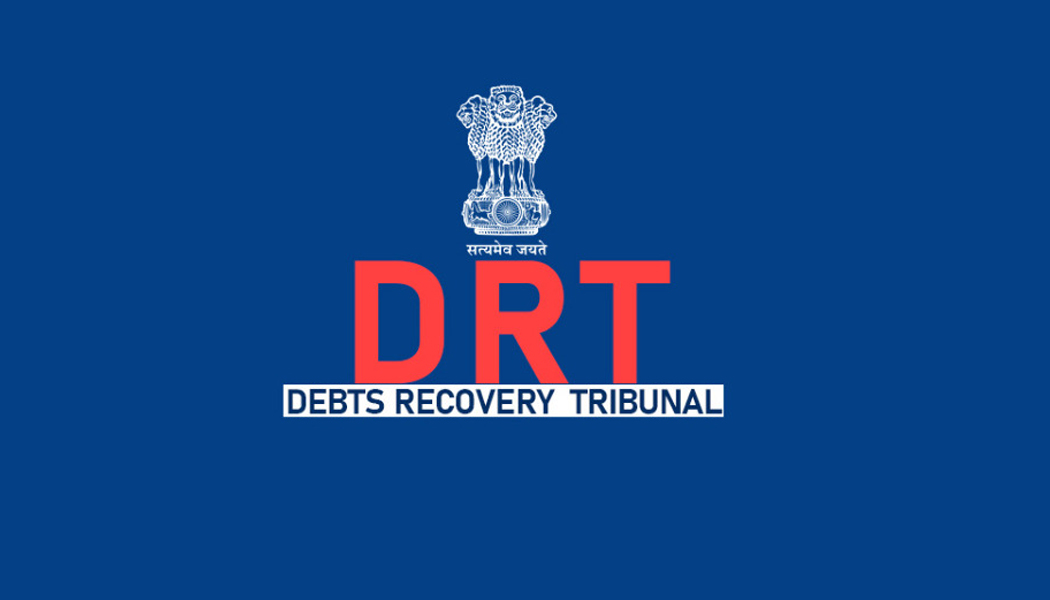
What types of cases does the DRT handle?
What types of cases does the DRT handle?
Debts Recovery Tribunals (DRTs) handle a variety of cases related to debt recovery, primarily focusing on disputes arising from non-performing assets (NPAs) owed to banks, financial institutions, and asset reconstruction companies. Here are the main types of cases that DRTs typically handle:
- Loan Defaults: DRTs adjudicate cases where borrowers have defaulted on loan repayments to banks or financial institutions. These loans may include corporate loans, personal loans, housing loans, vehicle loans, agricultural loans, or any other form of financial assistance extended by the creditor.
- Credit Facilities: Cases involving the default in repayment of credit facilities provided by banks or financial institutions, such as overdrafts, cash credit facilities, or letter of credit (LC) facilities, are also addressed by DRTs. These facilities may be availed by individuals, businesses, or other entities for various purposes.
- Mortgages and Collateral Defaults: DRTs handle cases where borrowers have defaulted on mortgage repayments or failed to honor collateral agreements provided as security for loans. When borrowers fail to repay their loans, creditors may seek recovery by enforcing the mortgage or collateral security through DRT proceedings.
- Corporate Debt Restructuring: DRTs may also adjudicate cases related to corporate debt restructuring, where companies seek to reorganize their debt obligations with the consent of creditors. These cases involve negotiations between the debtor company and its creditors to restructure debt repayment terms and avoid bankruptcy or insolvency proceedings.
- Asset Reconstruction: In cases where banks or financial institutions transfer NPAs to asset reconstruction companies (ARCs) for resolution, DRTs may handle disputes related to the recovery of such assets. DRT proceedings facilitate the resolution of disputes between ARCs and defaulting borrowers, ensuring the efficient recovery of distressed assets.
- Enforcement of Recovery Orders: Apart from adjudicating debt recovery cases, DRTs also handle enforcement proceedings to execute recovery orders issued in favor of creditors. This may involve the attachment and sale of the debtor’s assets, including movable and immovable properties, to satisfy the outstanding dues.
- Interim Relief and Injunctions: DRTs have the authority to grant interim relief or injunctions to protect the interests of parties during the pendency of proceedings. This includes orders to prevent the dissipation of assets or restrain the debtor from transferring properties to third parties until the final resolution of the case.
Overall, DRTs play a crucial role in resolving disputes related to debt recovery, providing a specialized forum for creditors to seek redressal and enforce recovery of outstanding dues from defaulting borrowers.
Disclaimer: This information is intended for general guidance only and does not constitute legal advice. Please consult with a qualified lawyer for personalized advice specific to your situation
Adcocate J.S. Rohilla (Civil & Criminal Lawyer in Indore)
Contact: 88271 22304
